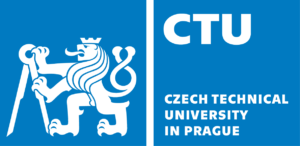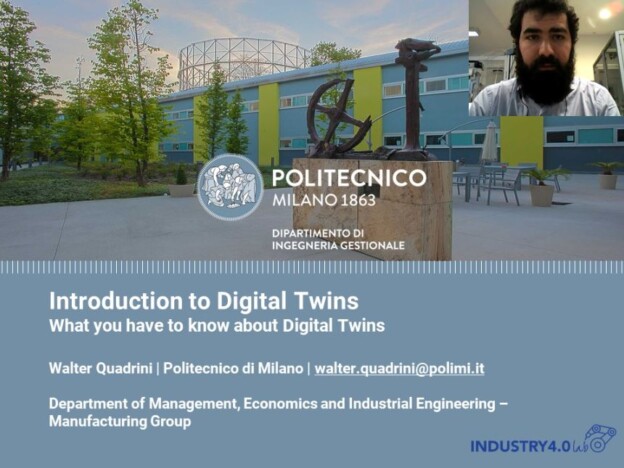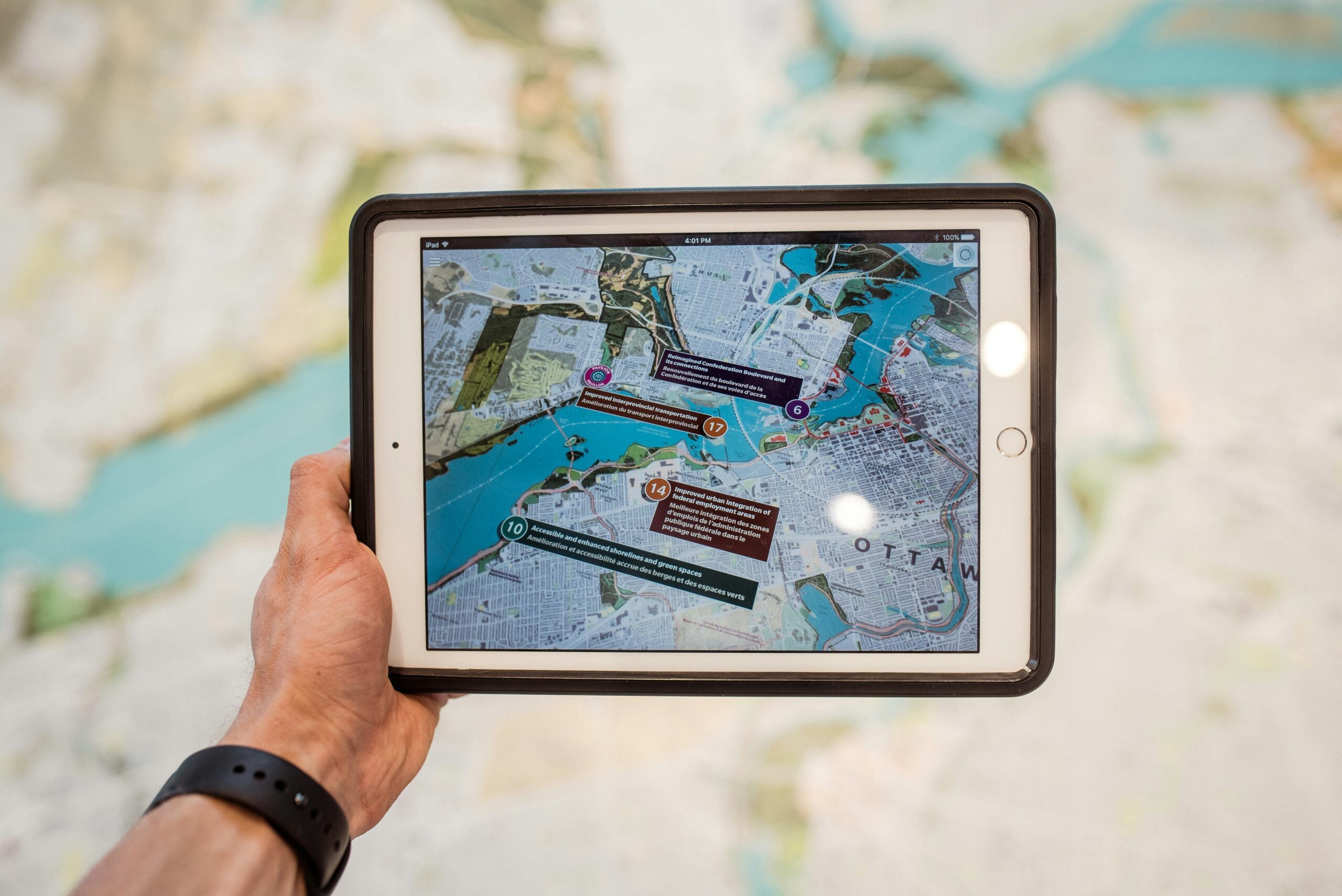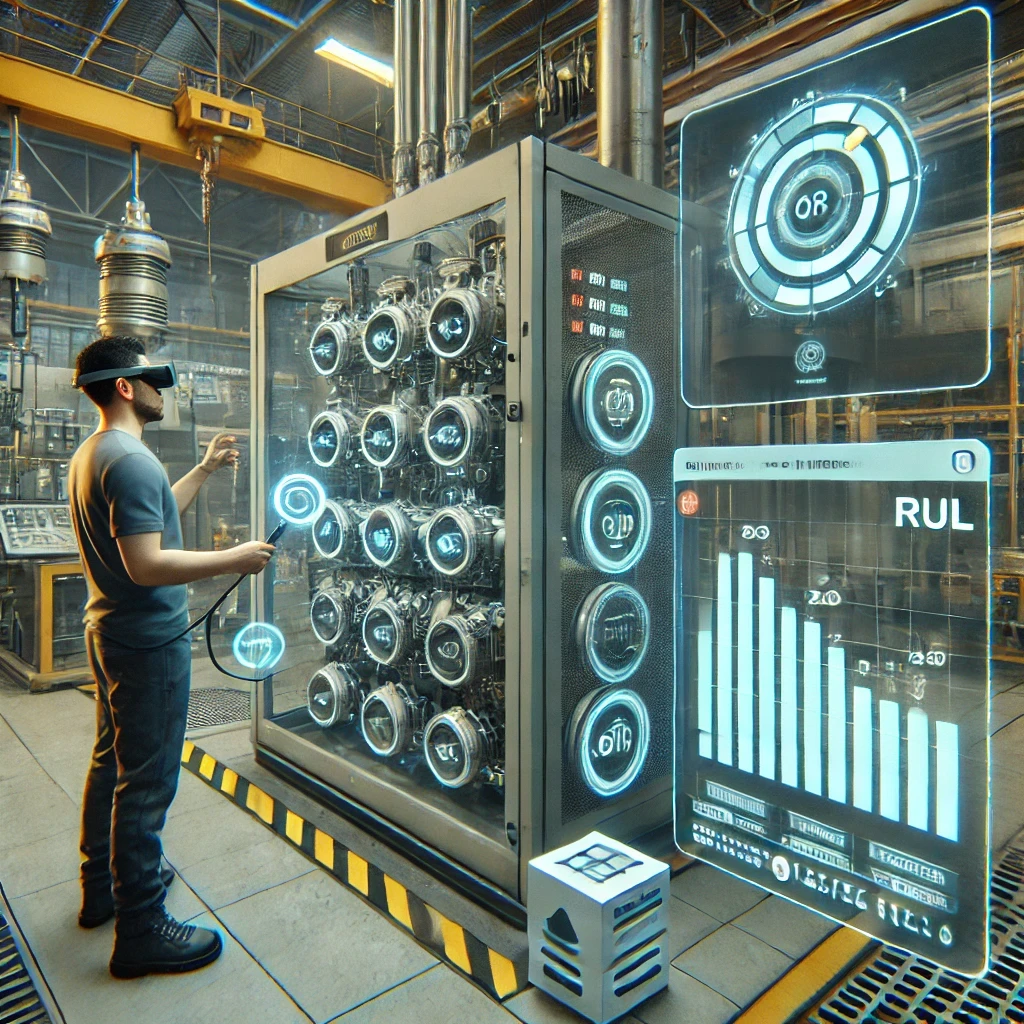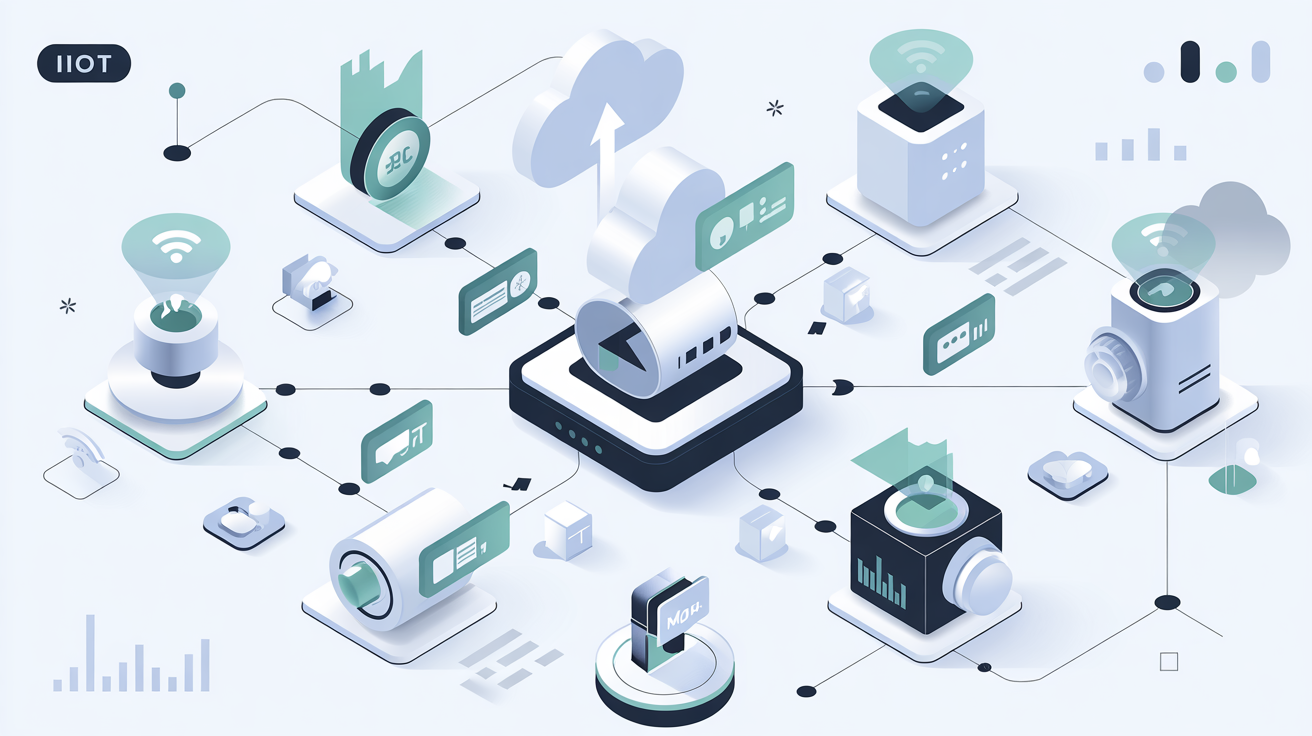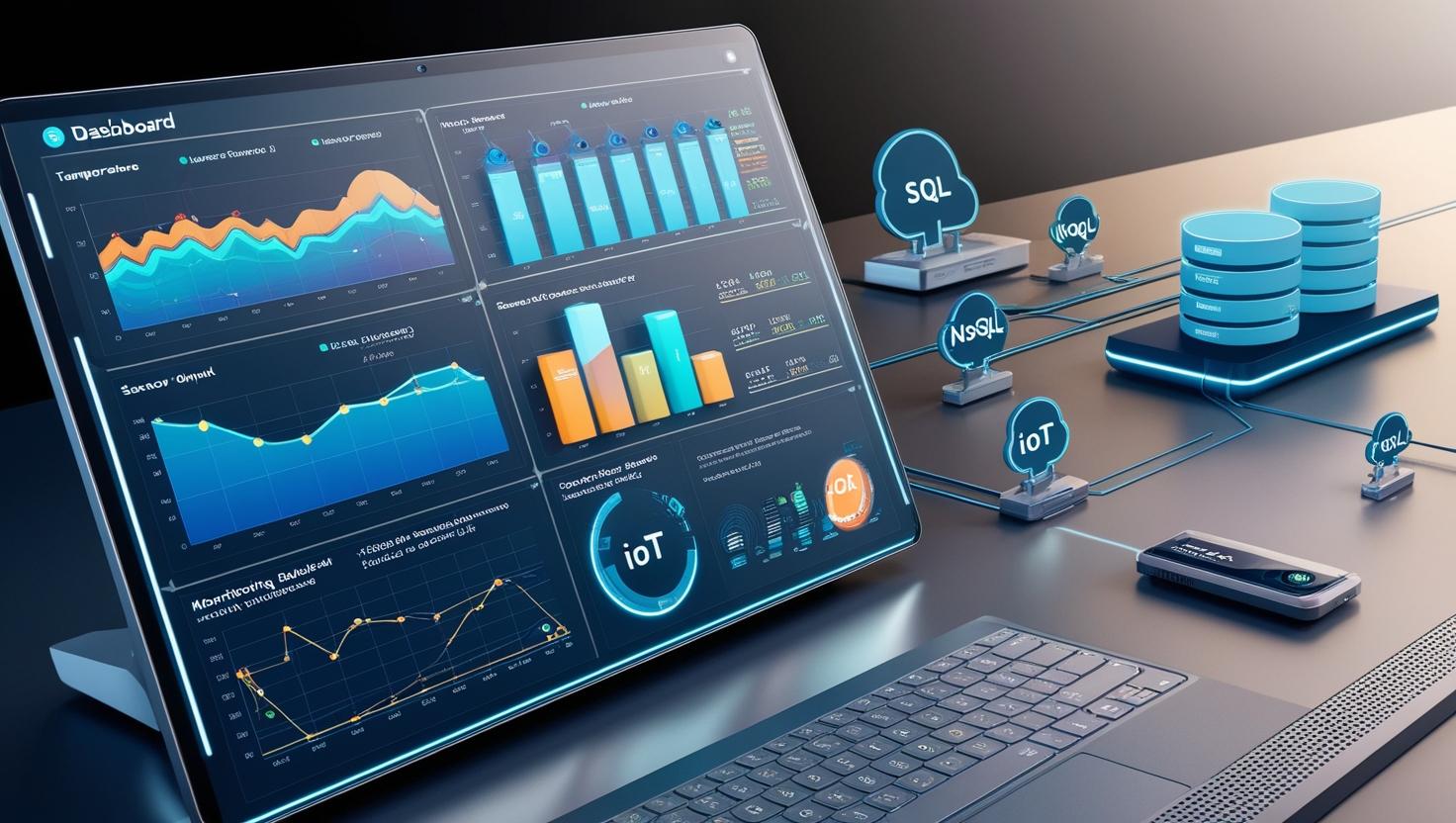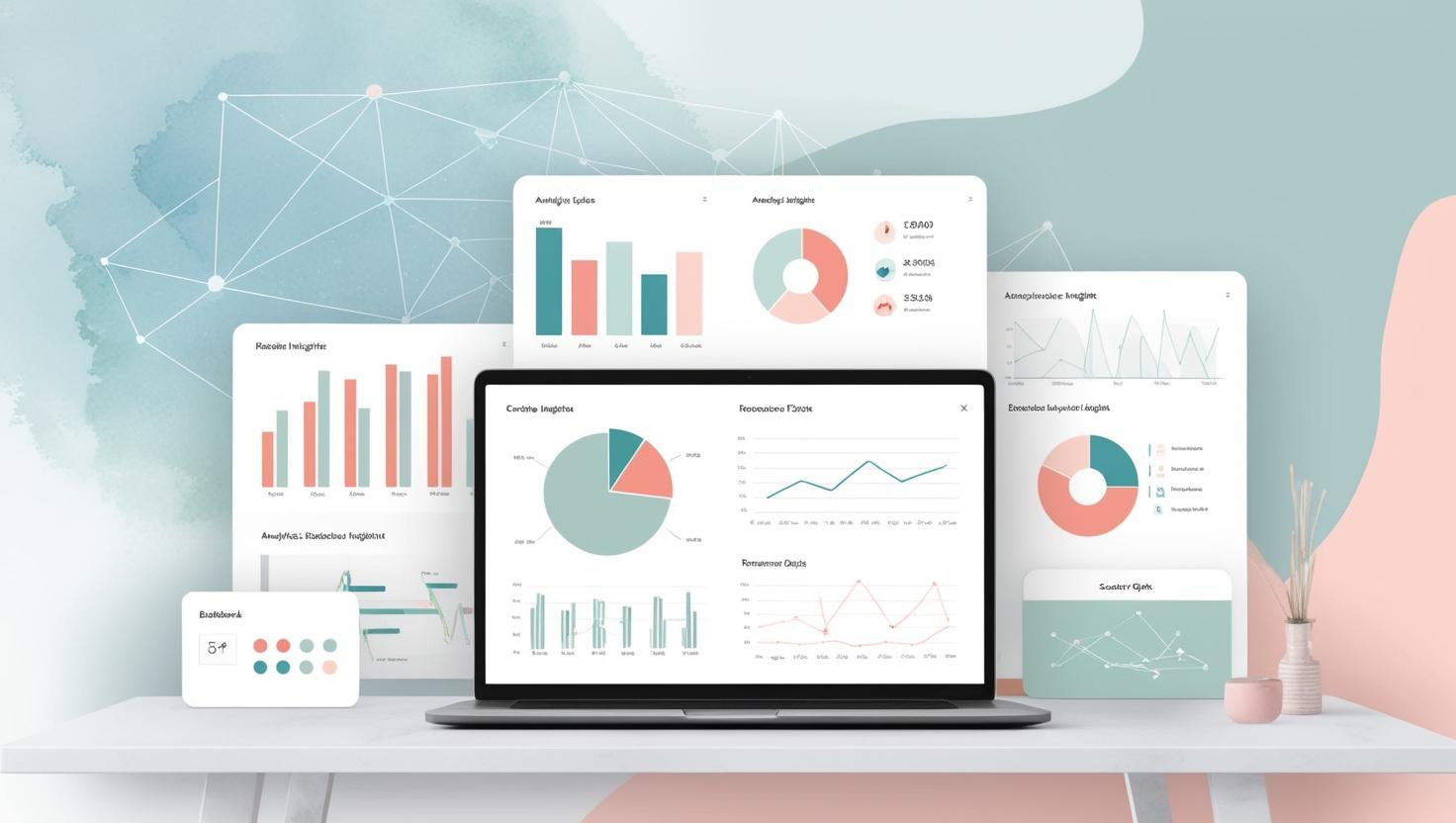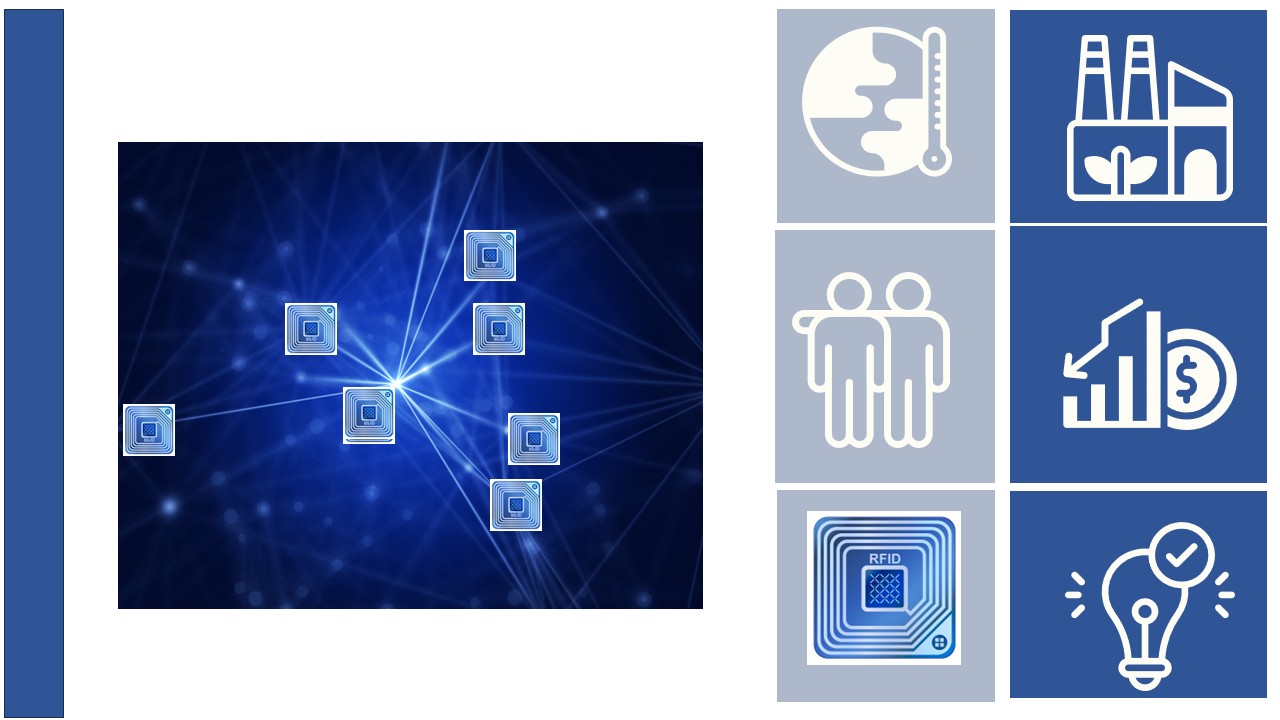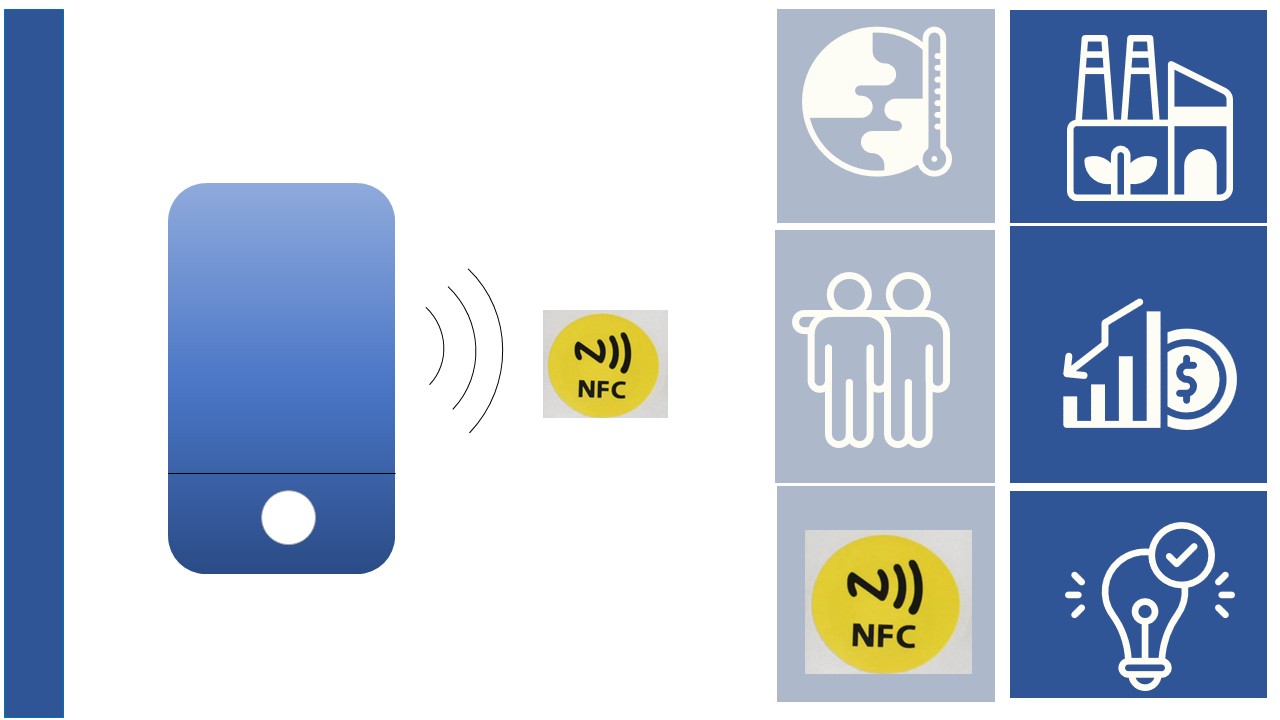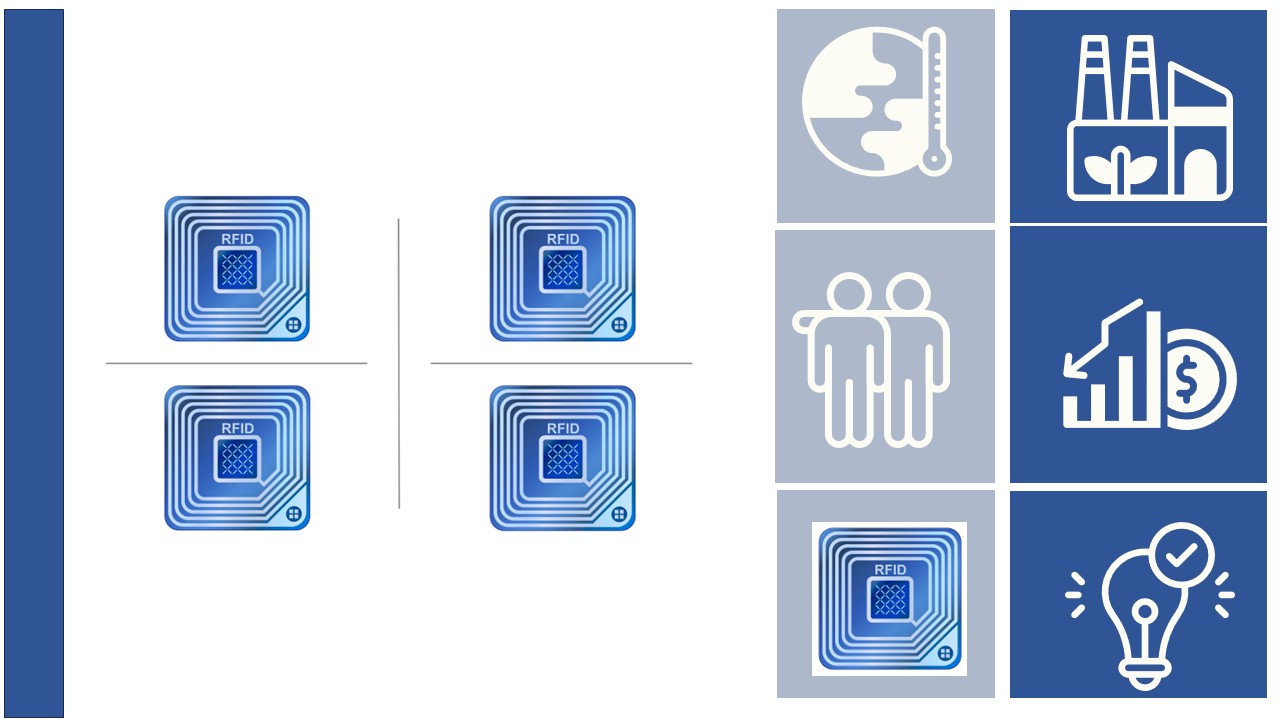Type of course:
Digital learning, Path
Duration:
3 hours, 20 minutes
Workload:
5 hours
Proficiency:
Intermediate
Target:
Professionals, Students, Workers
- Introducing the operation of the machine tool digital twin.
- Impact of machining process parameters (tool engagement, cutting forces, MRR, points of axes reversion etc.) on machining process results and their prediction will be explained.
- Skills needed for creation of a simplified machine tool digital twin and the virtual NC machining simulation will be developed (project preparation, workpiece blank definition, tool definition, material properties, machine tool kinematics etc.).
- The trainees will be assigned their individual projects, that they will conduct during the two-week period. They will develop a virtual simulation of a selected NC milling process.
- The task will be to analyze the process parameters and to find the potentials for process optimization from different points of view (process productivity, surface accuracy and quality, elimination of elevated vibration and chatter occurrence, etc.).
- The NC strategies developed and virtually tested by trainees will be machined in CTU RCMT laboratory. The experiments will include the measurement of process forces, vibration, CNC parameters (spindle power, feed drive currents) and machined workpiece accuracy, surface quality and roughness. Comparison of simulated and experimental data will be performed and discussed.
- Projects of trainees will be evaluated and based on successful project fulfilment a certificate will be issued.
Learning outcomes
- The learner will be able to classify the levels of machine tool digital twin (according to simulation results and outcomes) and select the appropriate one for milling strategy selection.
- The learner will be able to use the digital twin simulation SW for creating, operating and evaluating the simulation of milling strategy.
- The learner will be able to analyze simulation results, compare them to real measurement and make informed selection of the milling strategy.
LessonDigital Twin - levels of complexity
Course Content
INTRO
MODULES
END
LessonError sources in process planning and milling of the workpiece
Course Content
LessonModelling of the chip formation process
Course Content
LessonMachining characteristics: MRR, cutting forces etc.
Course Content
LessonVirtual Machining Basics and Introduction to MillVis
Course Content
LessonPreparation of a Simulation Project in MillVis
Course Content
LessonMachining Simulation Outputs in MillVis
Course Content
LessonTask for Individual Work in MillVis
Course Content
LessonMachining Simulation Based on NC Code and CNC Interpolated Data
Course Content
LessonLP assessment: NC machining verification by simulation of digital twin
Course Content
Topics
Advanced Manufacturing, Digital Transformation, CNC Machining, Simulation Tools, Digital Twin
Provided by
Content created in 2022
Related
Login
Accessing this course requires a login. Please enter your credentials below!

